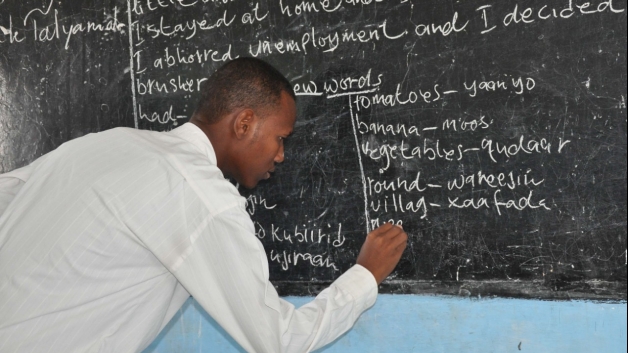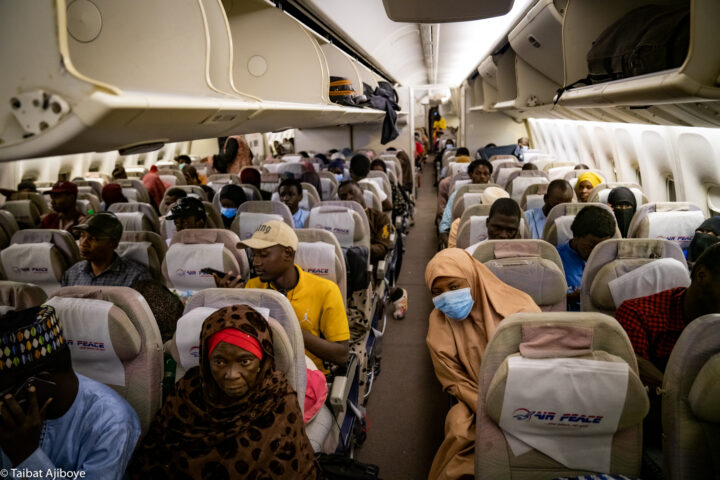The Teachers Registration Council of Nigeria (TRCN) says as much as 70 percent of private school teachers in the southwest are unqualified.
Josiah Ajiboye, registrar of the council, spoke on Thursday in Abuja when the TRCN signed an MoU with Instill Education, a professional development institute for teachers.
He said, contrary to several speculations about the southwest and its high-standard private school teachers, 70 percent have been discovered not qualified.
Ajiboye said unqualified persons in the teaching profession not only cheat the students but also the system.
Advertisement
He said 70 percent of the unqualified teachers lack the prerequisites to be registered by the TRCN.
He added that a large number of teachers in Nigeria have never been exposed to training and have been using outdated equipment for illustration.
“A large number of teachers in private schools in Nigeria today are not qualified,” the TRCN boss stated.
Advertisement
“We wanted to use a consultant to get revenue from teachers in private schools. When we carried out a survey, we observed that a reasonable amount of 70 percent of teachers in the south-west are not qualified as well.
“They are not registrable with the TRCN. So that is to tell you that there is a big gap.
“So you cannot call them teachers but cheaters. You know that there’s a difference between teachers and cheaters. If you are not a teacher, you must be a cheater.
“These people do not possess the requisite qualification to register them and so there’s a big gap. So we are looking into the future to fill up that gap like it’s done in South Africa.”
Advertisement
Ajboye said the council has registered over 2.3 million teachers on its database.
He said TRCN has developed the policy professional standards for Nigerian teachers (PSNT).
He said it was domesticated by Sierra Leone and adopted by the Africa Union (AU) for implementation in Africa.
Advertisement
Add a comment







